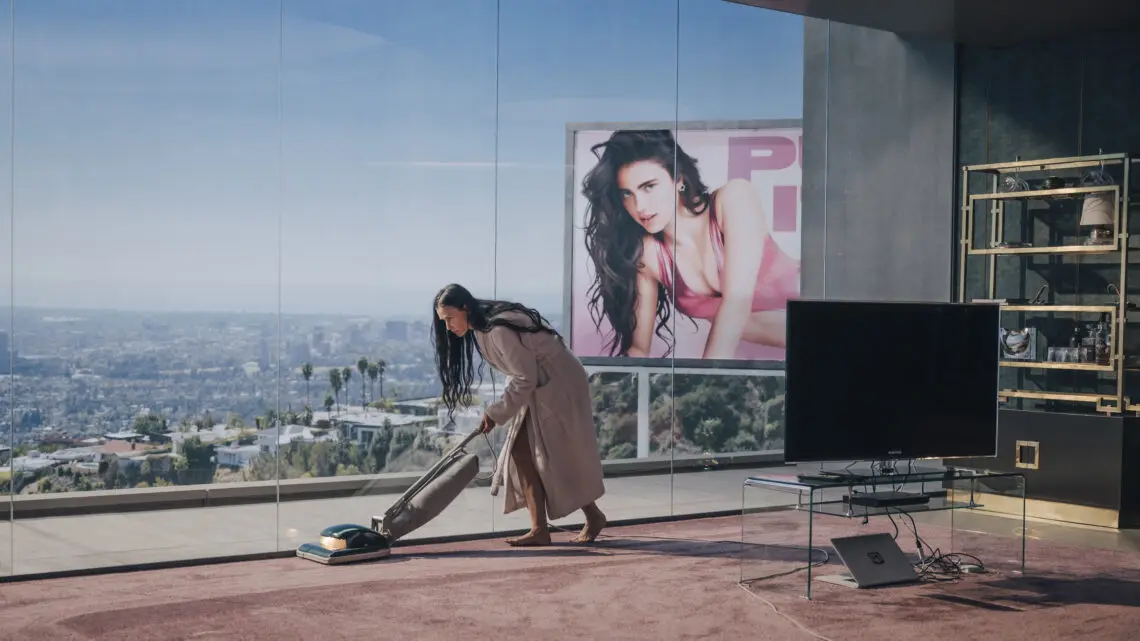French allure: Why filmmakers flock to France for production
In the bustling world of cinema, three recent films, “Emilia Pérez”, “The Substance”, and “The Count of Monte Cristo”, share a notable commonality beyond their French directors. Despite their varied settings in Mexico and Los Angeles, these films chose France for their production, emphasizing the country’s magnetic appeal for filmmakers.
Filming in France: A creative haven
“Emilia Pérez,” directed by Jacques Audiard, is a musical thriller set in Mexico. Despite its narrative setting, the movie was filmed entirely in France, mainly in Parisian studios. Audiard’s choice was driven by the creative control and familiarity with his crew that filming in France offered. Notably, an authentic Mexican backdrop was meticulously recreated at Bry-Sur-Marne Studios to preserve the film’s cultural essence.
Similarly, Coralie Fargeat’s body horror film “The Substance” opted for French studios. Set in Los Angeles, this film aimed to break the conventional aesthetic of LA-based movies. By filming at TSF’s Epinay Studio in Paris and utilizing the picturesque French Riviera for exteriors, Fargeat crafted a unique visual experience. The film stars Demi Moore, playing a recently fired TV star resorting to a black market drug to rejuvenate herself, with haunting consequences.
Tax incentives: Not the only draw
Despite France’s tax incentives being less competitive than those in cities like London and Prague, the country remains a hub for international productions. France offers a 30% tax rebate on qualifying expenses, which can rise to 40% if visual effects are done locally exceeding €2 million. However, the allure extends beyond financial incentives. France boasts an impressive infrastructure, including 50 new sound stages under the France 2030 investment plan. As Laurent Kleindienst of TSF Studios points out, extensive backlot facilities are being developed to offer controlled yet versatile filming environments.
Industry insights from the American French Film Festival
At the American French Film Festival in Los Angeles, industry experts discussed the myriad advantages of filming in France. Panelists included “The Count of Monte Cristo” producer Dimitri Rassam, HBO Max’s Jay Roewe, producer Jon Avnet, and Laurent Kleindienst. One key takeaway was the significant cost savings and creative benefits of French studios.
Rassam highlighted that “The Count of Monte Cristo”, adapted from Alexandre Dumas’ literary classic, was produced for about $50 million—roughly a third of what a similar U.S. blockbuster would cost. Despite potential savings in Eastern Europe, the decision to film in France was driven by the need for creative integrity and actor immersion. The film was shot over 70 days in France, with additional scenes in Malta and Belgium, taking advantage of state-of-the-art facilities like the world’s most advanced water stage at Lites Studios.
The draw of French expertise
France’s rich filmmaking history contributes greatly to its allure. As Jay Roewe observes, French crews are often smaller yet highly efficient, providing excellent value. For instance, productions in France require significantly fewer crew members than those in the U.S., creating a more intimate and cohesive working environment.
Jon Avnet, known for films like “Fried Green Tomatoes,” praised the French approach to filmmaking. Despite not directing in France himself, Avnet notes that his regular crew, partially French, consistently delivers exceptional results. The collaborative and passionate nature of French crews undeniably enhances the final product.
Sustainable and evolving production landscapes
France is at the forefront of sustainable production practices, recycling up to 98% of materials used in filming. This commitment to eco-friendly production is another appealing factor for international filmmakers. The country’s continuous efforts to improve and expand its production capabilities ensure that it remains a versatile and attractive destination for diverse filmmaking needs.
Furthermore, with the rise of indie films seeking to create cinematic experiences on par with major studios, France offers the ideal blend of artistic freedom and practical resources. Avnet emphasizes this point, underscoring that the enthusiasm and dedication of French crews infuse energy into the film, enriching the viewer’s experience.
Captivated by French cinema
Ultimately, the decision to film in France reflects a blend of practical, creative, and emotional factors. Whether for its skilled crews, advanced studios, or inspiring locations, France has solidified its status as a cornerstone of European cinema. Filmmakers from around the world continue to be drawn to its unique blend of tradition and innovation, ensuring that French studios remain a vibrant hub for global cinematic ventures.
For more updates on the latest in film and television, keep following our content and share your thoughts on social media!

 Italian
Italian







